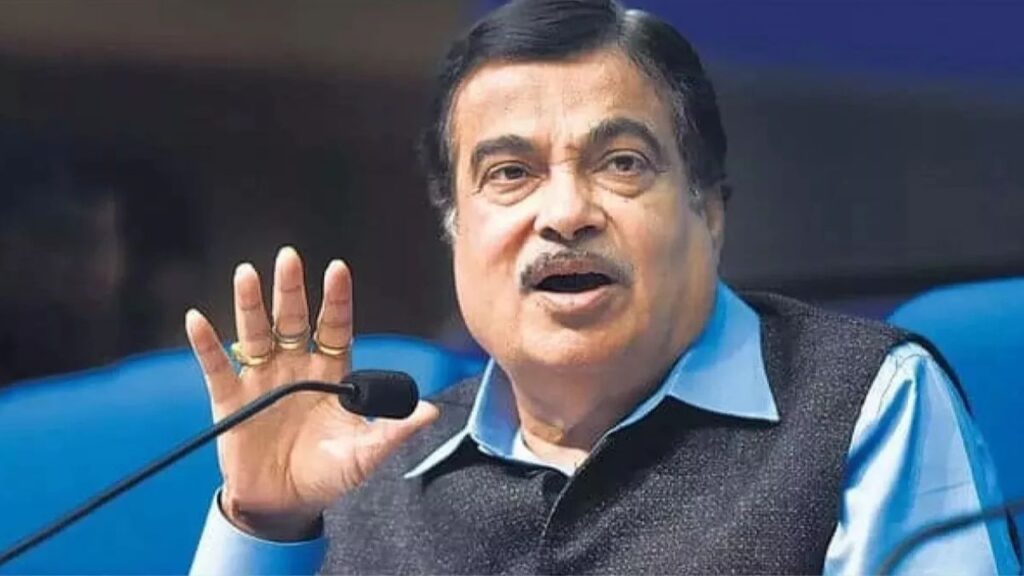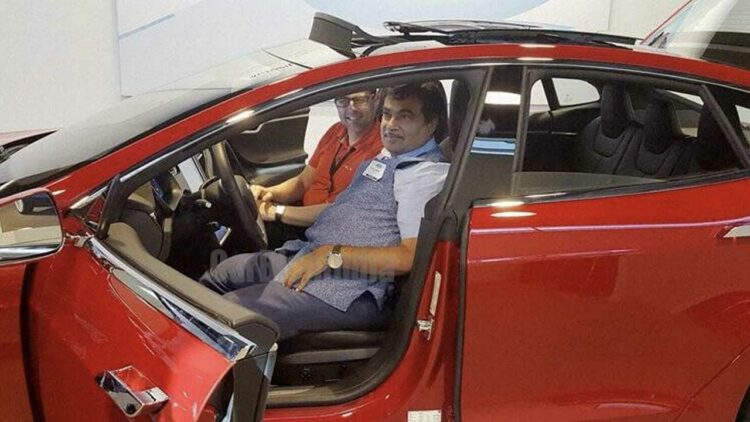The subsidies were needed initially to make electric cars mass market but with the recent popularity of the EVs, we are heading towards price parity with ICE cars
Union Minister of Roads, Transport and Highways, Nitin Gadkari is confident that the prices of EVs like the Tata Nexon, BYD Seal, etc., will be at par with ICE cars soon. Until now, central and state governments have been showering EV buyers and carmakers with tons of incentives and subsidies. The aim was to popularize electric cars and make them mass market. While that has been accomplished to some extent, organic growth is anticipated going forward. Let us take a look at the details of this case.
EVs Don’t Need Subsidies – Nitin Gadkari
While addressing a Green Mobility Convention in Delhi, Nitin Gadkari was quoted saying, “My personal belief is now we don’t need too much subsidies. The GST (goods and services tax) on petrol, and diesel vehicles is 48%; the GST on an electric vehicle is only 5%. Still, after getting 5% GST, if someone is expecting a subsidy from the government, my honest opinion is now we don’t need subsidies.” This is a valid point which ensures that the costs of EVs are lower. In addition to that, we know that an EV battery is worth around 40% of the value of the entire car.
However, the cost of lithium-ion batteries has been going down for the past decade. From $150 per kWh back in 2014-15, these prices are already around $107 per kWh, as per the data from the International Energy Association’s Global EV Outlook 2024. Nitin Gadkari says, and this is also the general consensus, that in the next two years, these prices will drop to around $90 per kWh. Hence, the prices of electric cars will be similar to those of petrol and diesel engines. Another key point to mention here is that the prices of the fuel will keep on rising. Hence, the overall running costs of the EVs will be much lower. All these considered, there won’t soon be any need for government subsidies on EVs.

Our View
I understand the perspective of Nitin Gadkari. In fact, we know that subsidies are always temporary solutions. These are not meant to last forever. The initial push from the government is needed to make something popular. Thereafter, the product needs to become successful and widespread based on its merit. That is what we will likely experience with electric cars too. Once people understand the savings in running costs and potential environmental benefits, they will voluntarily opt for electric cars and ditch diesel cars. Let us keep an eye out for more details in this regard.
Also Read: 3 Famous Indians Who Use Hyundai Ioniq 5 – Shahrukh Khan to Nitin Gadkari


